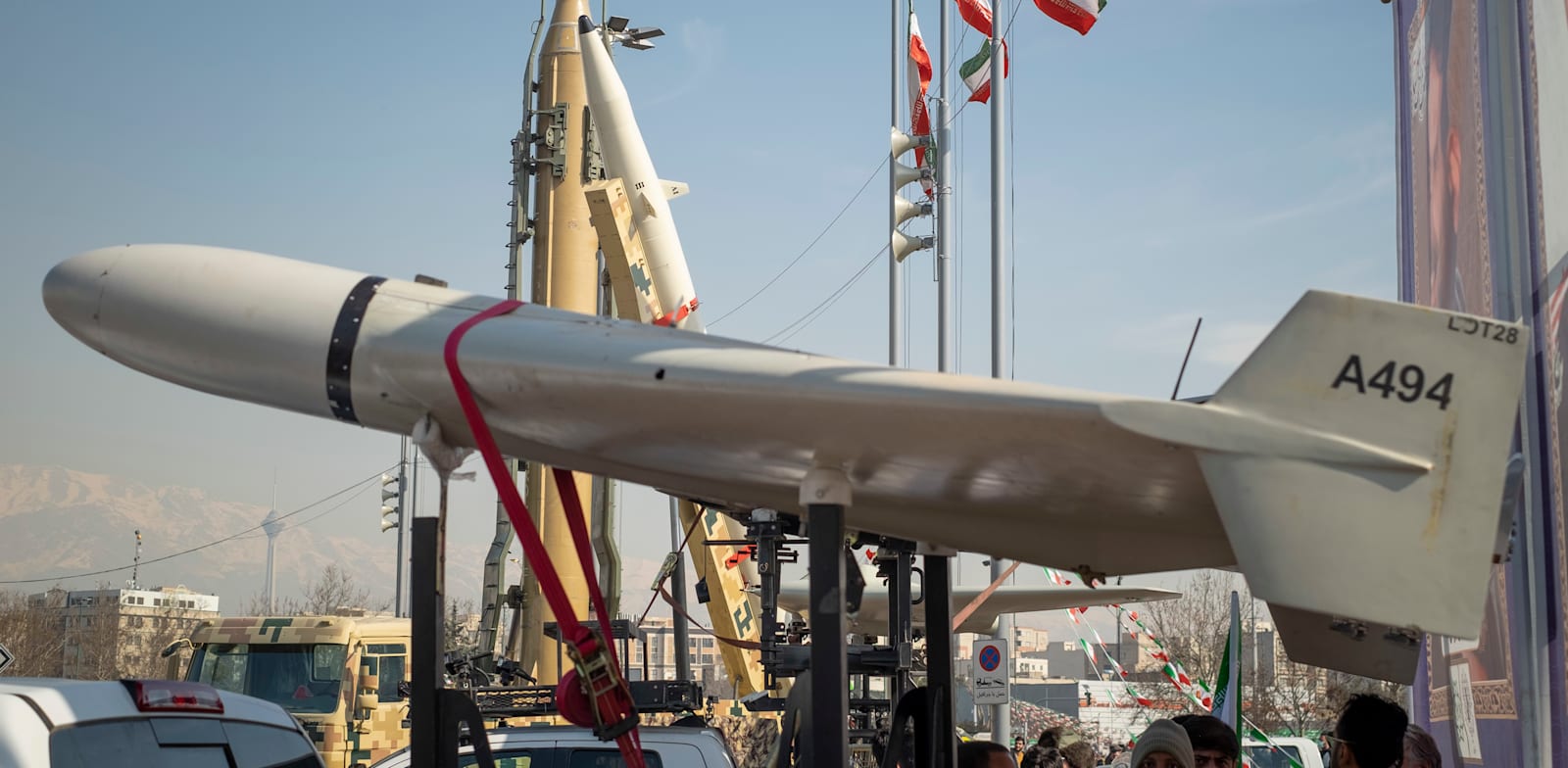On April 14, Iran attempted to attack the State of Israel using unmanned aerial vehicles, cruise missiles, and ballistic missiles. However, the attack failed with 99% of the launched means not hitting their targets. Israel’s successful defense was achieved through the integration of multi-layered defense systems, fighter jets, and cooperation with partners such as the USA, the UK, and Jordan.
The popularity of Iranian-made UAVs in the global market is not expected to diminish due to their lower cost compared to high-quality Western alternatives. Most buyers choose Iranian-made UAVs for their affordability rather than their quality. Despite this, Iranian-made UAVs have been proven ineffective against Western defense systems.
Iranian drones sent to Israel included models like Shahad 131 and Shahad 136, which have ranges ranging from 700-2000 km. These drones have not been effective against Israel’s defenses. The Iranian regime supplies UAVs to various countries, including Sudan and Ethiopia. In these conflicts, Iranian-made drones halted the advance of militia groups. However, they have not been effective against Israel or other high-quality Western defense systems.
Iran has decentralized its UAV production facilities by establishing assembly plants in countries like Venezuela and Syria. This partnership benefits both countries economically and strategically while also providing sources of military equipment for Tajikistan through an Ababil 2 UAV production facility inaugurated in Tajikistan. Overall, Iran’s UAV production capabilities and supply chain continue to play a significant role in regional conflicts and arms trade operations.
In conclusion, despite its failure to attack Israel with its own unmanned aerial vehicles (UAVs), Iran remains a major supplier of drones and other military equipment globally due to its affordable prices compared to high-quality Western alternatives. While its UAV production capabilities may be decentralized through partnerships with other countries like Tajikistan or Venezuela, Iran’s supply chain continues to be a significant player in regional conflicts and arms trade operations worldwide.










+ There are no comments
Add yours